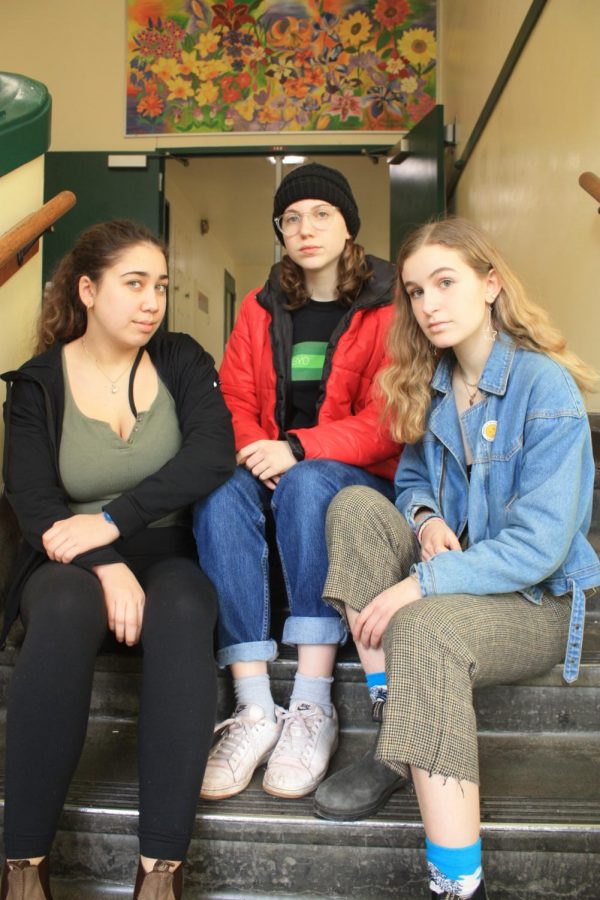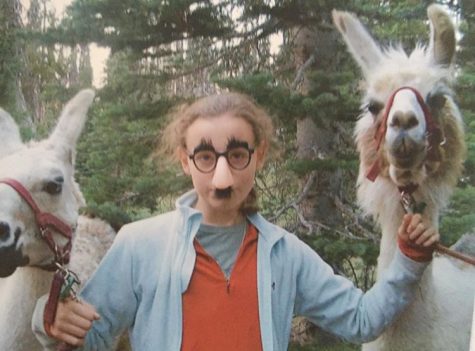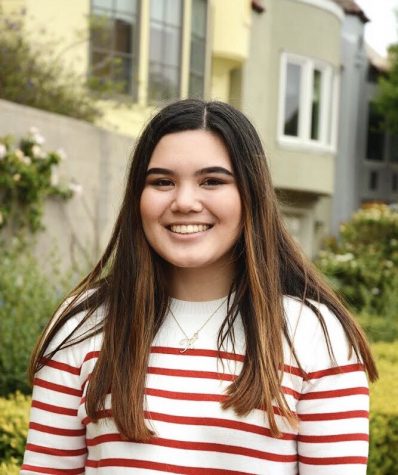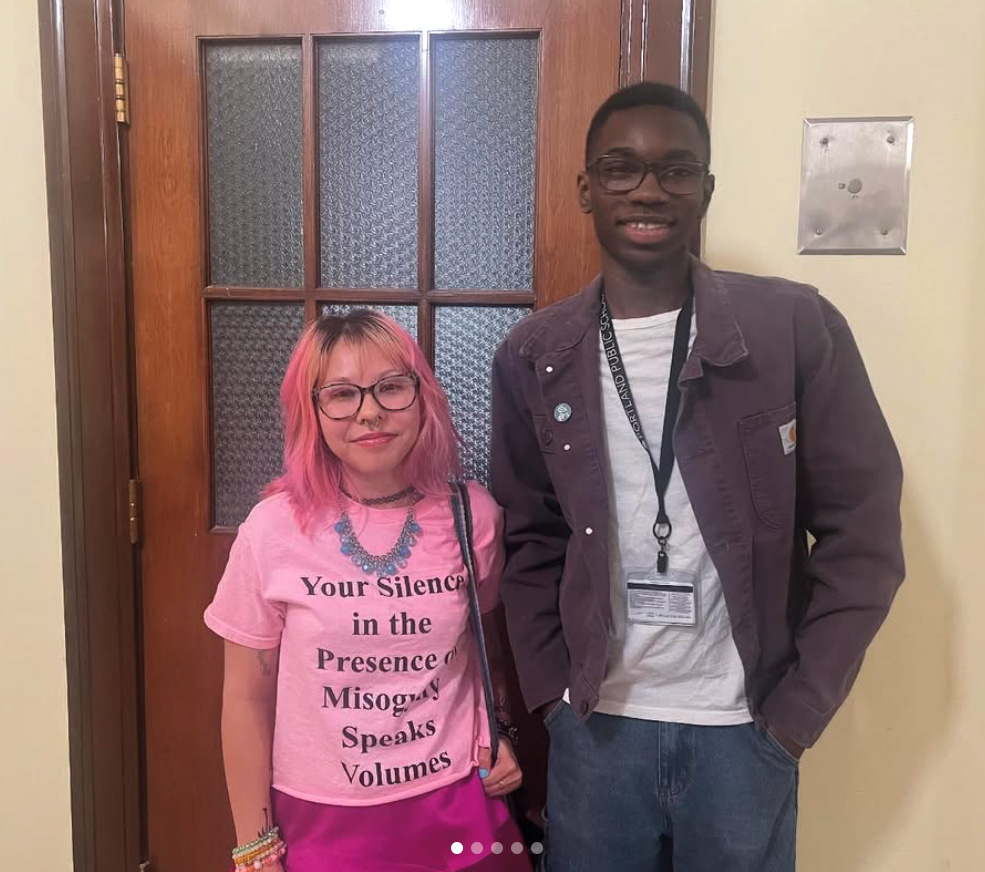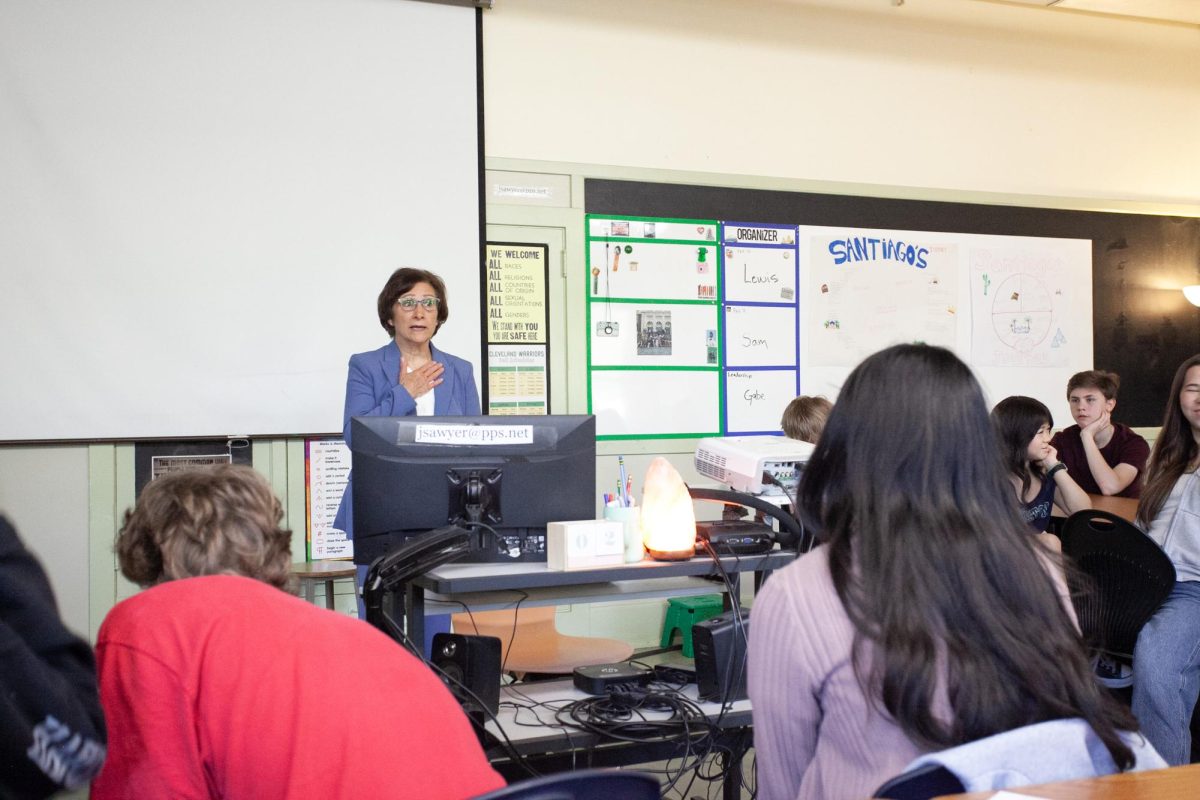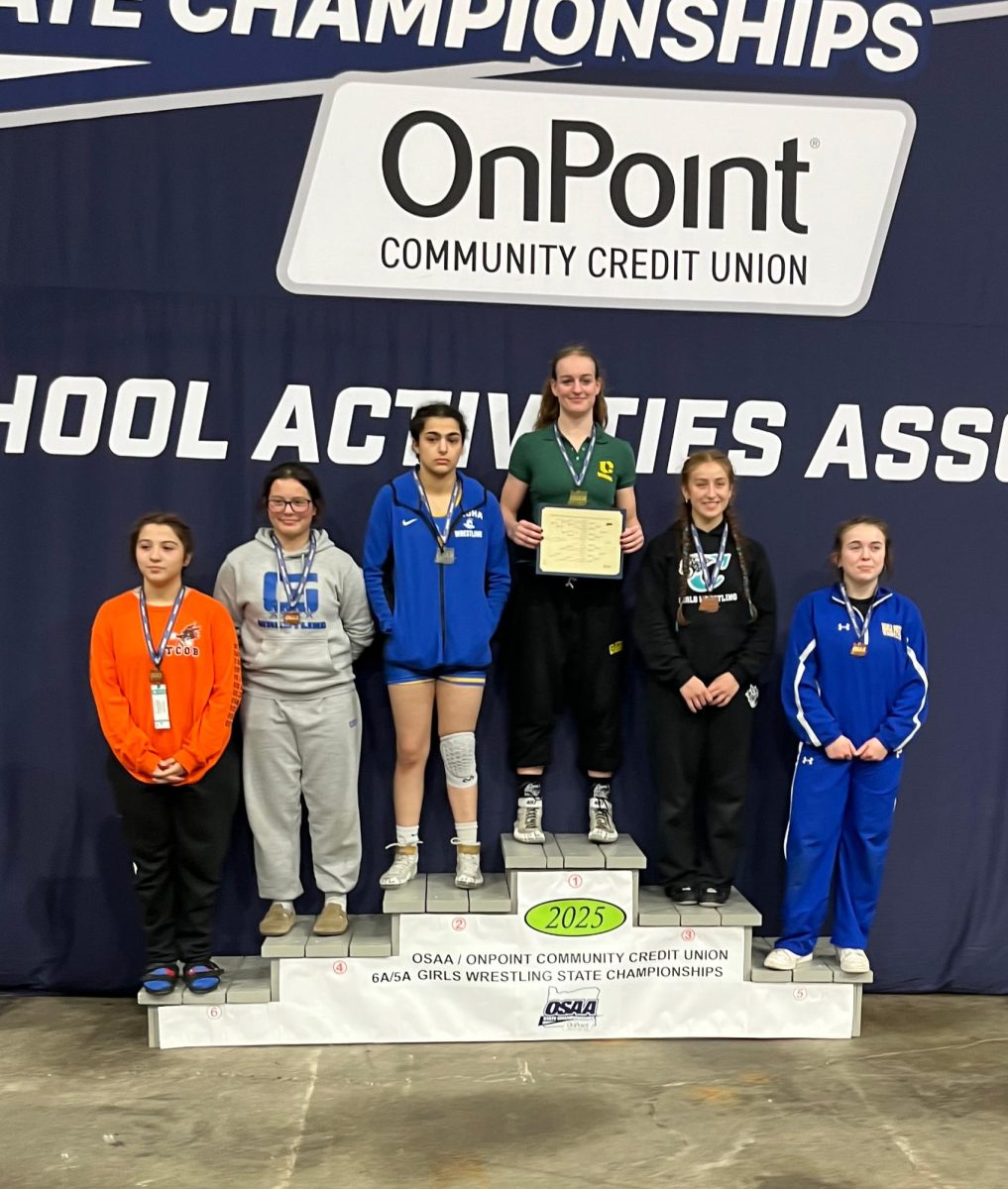Cleveland Reacts to Hate Speech Found on Jewish Student Union Posters
Clarion photo Kira Chan
(left to right) JSU Co-Presidents Sasha Birk-Stachon, Maya Cogan, and Jesse Orkin.
January 23, 2019
Increased instances of anti-Semitism have sparked discussions around safety and respect in the Cleveland community.
On Oct. 27, 2018, a shooting at the Tree of Life synagogue in Pittsburgh, Pennsylvania killed 11 people and injured seven. A few days later, anti-Semitic hate speech was found on two posters for the Jewish Student Union; among the vandalism was a swastika.
A teacher and a head custodian found the two defaced posters before school, and brought them to Principal Ayesha Freeman. “We immediately did a walk through of the whole building [and] those were the only two that we saw,” said Freeman. “We conducted an investigation to try and determine who had done that. We concluded that they were written on the posters after the end of the school day the day before because there were no eyewitnesses, nobody who noticed it.”
Freeman then put the posters in her desk and, after three weeks with no further signs of disturbance surrounding the issue, eventually recycled them.
The students of the Jewish Student Union had already begun working on presentations addressing the lack of community discussion after the shooting in Pittsburgh, when they were unofficially informed about the posters on Nov. 16 by teachers, nearly three weeks after the incident.
“We were already going to do some kind of education project to highlight anti-Semitism at our school, but then obviously once we got that information about the posters, that changed it because we had a direct event,” said JSU Co-President Maya Cogan, junior.
The club leaders emphasized the effects that anti-Semitism can have on themselves and their community.
“The Pittsburgh attack really affected me because a synagogue is a place of worship that I go to,” said JSU Co-President Sasha Birk-Stachon, junior. “Like with school shootings, it makes you realize that happened in a place that could also happen to me. I had always thought of the possibility of synagogue shootings before that because I had worked as a teacher’s aide in synagogue and they made us watch a video about what to do in the event of an active shooter and when I saw that I was like, ‘This is kind of scary. That’s not going to happen.’ And then hearing about how that actually did happen, it was very emotional and very hard to hear. Then having a lack of response at my school was so frustrating. And then with the posters, not finding out about our posters and such a response right after Pittsburgh. It’s all been really frustrating and I’m glad that we’ve been able to work together and actually make steps towards change even though I feel like it wasn’t ever our responsibility in the first place.”
Members of the JSU and the Cleveland Alliance for Racial Equity (CARE) were invited to speak on a panel at the December staff meeting about the posters and how to address anti-Semitism in classrooms.
“Our staff was moved and grateful for their presentation as they shared their experiences of discrimination and offered suggestions of what we can do as adults in the building,” said Freeman in a Dec. 12 email to the community. “As the Principal, I stood up in front of my staff as part of introducing the panel and shared that being an anti-racist educator is hard work and that I, too, sometimes make mistakes. I took responsibility with my staff and the students for not immediately going to the JSU when we found the swastika and hateful message written on their club fliers.”
JSU leaders also visited history classrooms delivering presentations about the situation, anti-Semitism, and steps the students could take to prevent hate speech.
“As the club advisor, I’ve been feeling kind of bad that the JSU kids have been having to deal with something so heavy,” said JSU club advisor and history teacher Steve Nims. “The club is supposed to be set up to share some information about Judaism. Most of the kids coming to the meetings are not Jewish and it’s interesting to learn about Jewish culture. For the kids who are Jewish, it’s a nice place to be able to be Jewish in a largely non-Jewish place for even 30 minutes every other week.”
Currently it is not administrative policy to inform the community of instances of hate speech.
“A lot of times we have kids up here in the main office for any sort of disciplinary issue; they’re saying mean things to each other, sometimes it’s around race, sometimes it’s around gender, sometimes it’s around gender identity, sometimes it’s because of disability, sometimes it’s religion, it happens. It happens pretty regularly,” said Freeman. “There’s not a week that goes by that there’s not an incident of hate or hurt or harm that we’re dealing with in the main office.”
However, Nims believes that there could be more transparent communication. “Do you send out a reminder email once a week? Yeah, if that’s what it takes. You hold onto [the evidence], you keep the artifacts, you put them in a file drawer, and hopefully you don’t get that many of them.”
Freeman’s email to the Cleveland community also detailed the incident and plans for continued action. “Moving forward, I will be coming directly to the JSU when there is anti-Semitism in our school,” said Freeman in her email.
There are currently events and ideas in the works about combating hate speech and creating a safe and communicative environment at Cleveland. Vice Principal Kristy Mize hopes to plan an event including all racial affinity and sexual orientation clubs, to broadcast their voice and work collaboratively to combat hate speech heard in the hallways.
Beginning in January, Principal Freeman will be holding parent listening sessions once a month for parents and guardians to attend. Additionally, the ninth grade academy Wy’East will be taking a field trip to the Portland Art Museum exhibit of Holocaust photographs, “Memory Unearthed.” “It’s part of the work that we do as school administrators,” said Freeman. “A big part of our job is of course to teach young people how to communicate with kindness and compassion.”
Members of the JSU highlight the importance of continued involvement. “This isn’t the end of our efforts with administration and making change. We’re still going to keep working on this continuously, and if people want to get involved, then come to JSU and talk to us,” said Birk-Stachon.



